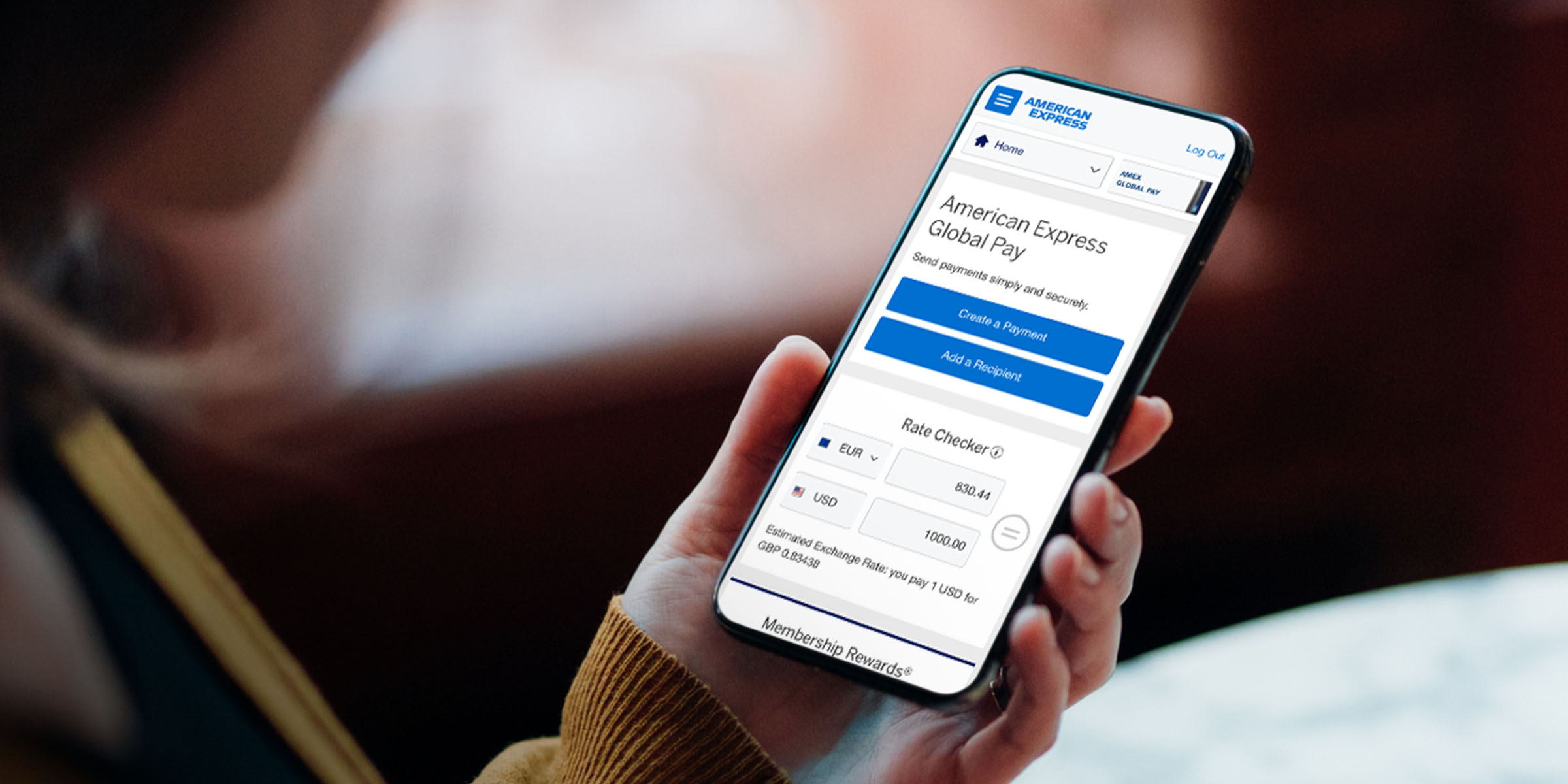
- Thoma Bravo is acquiring Ping Identity in an all-cash deal for $2.8 billion.
- The acquisition will take publicly held Ping Identity into the private markets.
- Thoma Bravo’s other recent fintech acquisitions include Bottomline Technologies, Digital Insight, and Ellie Mae.
Cloud-based identity software provider Ping Identity has agreed to be acquired by private equity firm Thoma Bravo. The all-cash deal is expected to close in the fourth quarter of this year for $2.8 billion.
“We are pleased to partner with Thoma Bravo, which has a strong track record of investing in high-growth cloud software security businesses and supporting companies with initiatives to turbocharge innovation and open new markets,” said Ping Identity CEO Andre Durand.
Ping Identity was founded in 2002 and has since made seven acquisitions of its own, including passwordless identity verification company Singular Key, bot prevention and fraud intelligence firm SecuredTouch, intelligent authorization company Symphonic, blockchain-based identity startup ShoCard, AI-powered security company Elastic Beam, customer identity solution UnboundID, and Accells Technologies.
Ping Identity has leveraged this acquired expertise, in addition to its own in-house knowledge, to help enterprises remove passwords, prevent fraud, support Zero Trust. The company offers a no-code, drag-and-drop user interface to make its seemingly intimidating offerings more approachable for non-technical staff.
After the deal closes, Ping Identity, which is listed on the New York Stock Exchange with a market capitalization of $2.38 billion, will transition to a privately held organization. Before the company’s debut onto the public markets, Ping Identity was majority-owned by Vista Equity, which now owns 9.7% of shares in the Denver, Colorado-based company.
“Ping Identity is a leader in intelligent identity solutions for the enterprise and is well-positioned to capitalize on the significant opportunities in the $50 billion Enterprise Identity security solutions area,” said Thoma Bravo Partner Chip Virnig. “Our shared commitment to growth and innovation, combined with Thoma Bravo’s significant security software investing and operational expertise, will enable Ping Identity to accelerate its cloud transformation and delivery of industry leading identity security experiences for the customers, employees and partners of large enterprises worldwide.”
Today’s purchase marks Thoma Bravo’s 91st acquisition. The firm takes a buy-and-build approach in which it acquires similar companies and consolidates them to create synergies and develop companies with greater scale, scope, and broader service offerings. Among the Illinois-based company’s most recent fintech purchases are Bottomline Technologies, Digital Insight, and Ellie Mae.












